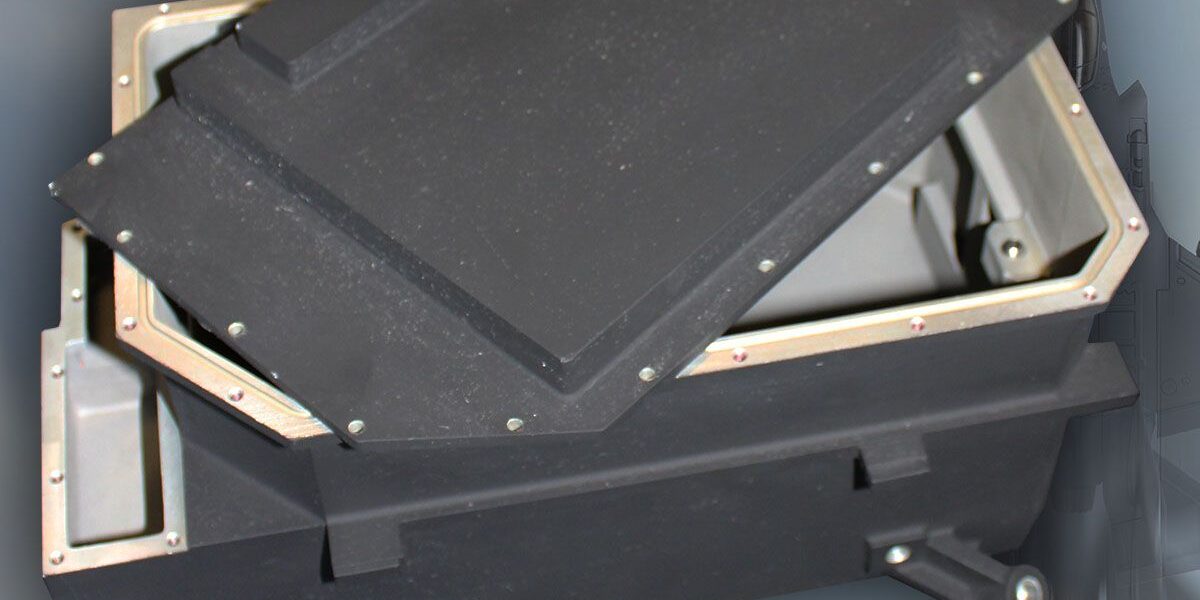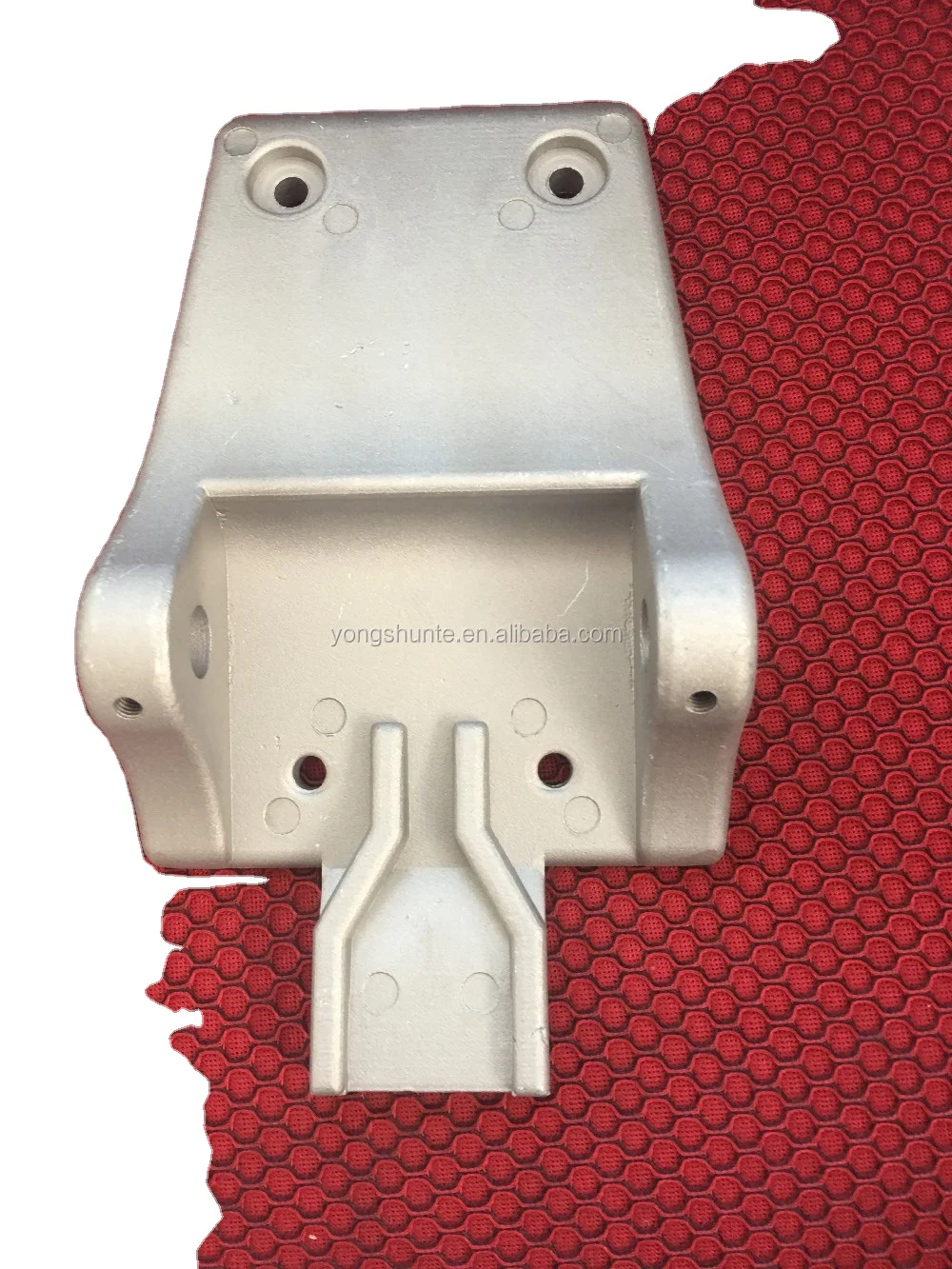Understanding how an Aluminum Foundry maintains accuracy standards
Just How Light Weight Aluminum Foundries Add To Numerous Industries: A Detailed Overview
Light weight aluminum factories work as vital distributors throughout several fields, including automotive, aerospace, construction, and electronics. They create parts that are not only light-weight however likewise long lasting, boosting the performance of various items. With innovative spreading techniques and a dedication to sustainability, these foundries are adjusting to satisfy progressing sector demands. As they innovate, the impact of light weight aluminum spreadings on different applications increases vital concerns about the future of manufacturing. What exists in advance for this crucial market?
The Duty of Aluminum Foundries in the Automotive Market
As the vehicle market increasingly welcomes lightweight materials to enhance gas effectiveness and performance, light weight aluminum foundries play a critical duty in this evolution. These facilities concentrate on the manufacturing of aluminum castings, which are vital parts in contemporary lorries. By offering high-strength, light-weight parts, light weight aluminum shops allow producers to reduce the general weight of cars, eventually leading to enhanced gas economic climate and minimized emissions.
Aluminum's resistance to corrosion further improves car long life, making it an attractive choice for automakers. Factories use innovative methods such as die spreading and sand spreading to create intricate and precise components, guaranteeing that they satisfy rigid industry criteria. In addition, the capacity to recycle aluminum successfully contributes to a more sustainable production process. As the automobile market remains to introduce, aluminum factories will remain critical in providing the materials necessary for the following generation of automobiles, supporting both efficiency and ecological goals.

Aerospace Applications of Aluminum Castings
Aluminum spreadings are essential to the aerospace market, supplying a mix of light-weight stamina and resilience that is critical for aircraft efficiency. These spreadings are used in different components, such as engine parts, architectural frameworks, and touchdown gear, where weight reduction is important for gas efficiency and general safety and security. The adaptability of aluminum permits intricate geometries that improve wind resistant performance while keeping structural honesty.
Moreover, developments in casting modern technologies have actually enhanced the precision and surface finish of aluminum elements, reducing the need for comprehensive post-processing. This effectiveness not only accelerates production timelines yet additionally decreases expenses, making aluminum an appealing choice for producers. The rust resistance of aluminum assurances longevity and reliability in rough operating settings, additionally establishing its function in aerospace applications. As the market advances, light weight aluminum castings proceed to be an essential product, driving technology and supporting the advancement of next-generation airplane.
Building Industry Developments With Light Weight Aluminum
The construction sector has actually significantly taken on aluminum because of its light-weight residential or commercial properties and adaptability, paralleling its successful applications in aerospace. Advancements in aluminum design have actually brought about more powerful, extra efficient frameworks, allowing contractors and designers to discover new opportunities. The product's resistance to rust and low maintenance requires make it especially appealing for both commercial and domestic projects.
Light weight aluminum's convenience helps with the development of intricate designs, allowing for visual improvements that were previously challenging with typical products. Prefabrication techniques have actually likewise developed, using light weight aluminum to lower building time and costs considerably. Additionally, the energy effectiveness of aluminum systems-- such as home window structures and roof-- contributes to sustainable building methods, aligning with modern environmental requirements. As the building sector remains to embrace these improvements, aluminum's duty is anticipated to increase, go to my blog driving further innovation and adding to the development of durable frameworks.
Electronics and the Need for Lightweight Aluminum Parts
With the fast improvement of modern technology, the need for lightweight light weight aluminum components in the electronics sector has surged. As tools end up being extra small and mobile, suppliers look for products that supply both resilience and weight reduction. Aluminum, with its superb strength-to-weight proportion, has actually arised as a preferred option for components such as coverings, warm sinks, and structural assistances.
The use of aluminum not only improves item performance however additionally adds to energy efficiency, as lighter tools need much less power during procedure. In addition, light weight aluminum's outstanding conductivity makes it suitable for electronic applications, making sure efficient warmth dissipation and minimizing the danger of overheating.
As customer preferences shift towards light-weight and streamlined gizmos, aluminum shops play a crucial duty in fulfilling the advancing demands of the electronics market (Aluminum Foundry). Their ability to produce top notch and accurate light weight aluminum components sustains development, allowing makers to browse around here push the borders of layout and performance
Sustainable Practices in Light Weight Aluminum Foundries
As the electronics market progressively prioritizes sustainability, light weight aluminum foundries are adapting their practices to straighten with these environmental goals. Several factories are executing recycling programs that redeem light weight aluminum scrap, greatly lowering the demand for raw products and decreasing waste. By utilizing energy-efficient technologies, these facilities are reducing their carbon footprint; for circumstances, using electric furnaces rather than standard gas-fired ones can lead to considerable power financial savings.
In addition, light weight aluminum shops are buying water conservation procedures, such as closed-loop systems that reuse water used in cooling down processes. These techniques not only reduced water usage however additionally minimize the ecological influence linked with wastewater discharge. Additionally, numerous factories are exploring renewable energy resources, such as solar and wind power, to meet their power requires sustainably. With these initiatives, aluminum shops exemplify a commitment to environmental stewardship while proceeding to fulfill the needs of the electronics sector.
Future Fads in Aluminum Factory Technologies
Arising technologies are positioned to transform aluminum factories, improving efficiency and product top quality while advancing sustainability initiatives. Innovations such as expert system and machine discovering are expected to optimize production processes by anticipating equipment failures and boosting source allowance. The combination of innovative robotics will certainly simplify procedures, reducing labor prices and minimizing human mistake.
Additive manufacturing, or 3D printing, is also getting traction, enabling the production of intricate geometries that were formerly unattainable with standard techniques. This change can bring about significant product cost savings and reduced waste. In addition, clever factories utilizing IoT (Internet of Points) innovations will certainly enable real-time tracking and information evaluation, cultivating proactive decision-making.
The fostering of cleaner melting visit the site modern technologies and recycling techniques will further decrease the environmental impact of aluminum factories, making them more lasting. Jointly, these trends indicate a future where light weight aluminum shops can operate with greater efficiency and duty.
Regularly Asked Questions
What Are the Environmental Impacts of Light Weight Aluminum Foundries?

Exactly How Do Foundries Ensure High Quality Control in Light Weight Aluminum Spreading?
Shops assure quality assurance in aluminum casting by executing rigorous examination processes, making use of advanced innovation, conducting normal material screening, and sticking to sector criteria, thereby maintaining consistency and integrity in their ended up products. Aluminum Foundry.
What Is the Ordinary Life-span of Aluminum Cast Components?
The average life-span of light weight aluminum actors components commonly varies from 10 to half a century, depending upon elements such as ecological problems, usage, and upkeep. Appropriate treatment can significantly improve their resilience and efficiency in time.
Exactly How Are Light Weight Aluminum Alloys Selected for Certain Applications?
Aluminum alloys are picked based on factors such as toughness, rust resistance, weight, and thermal conductivity. Designers review the particular needs of applications to determine the most ideal alloy for best efficiency and longevity.
What Are the Safety Regulations for Aluminum Shop Employees?
Safety guidelines for aluminum factory employees include individual safety equipment requireds, air flow needs, direct exposure restrictions to dangerous materials, and procedures for dealing with liquified steel. Compliance assurances employee safety and reduces health and wellness dangers related to foundry procedures.
As the automotive sector increasingly accepts light-weight products to boost gas efficiency and efficiency, aluminum foundries play a vital duty in this development. As customer choices change towards light-weight and streamlined gadgets, light weight aluminum foundries play a necessary function in meeting the evolving demands of the electronics sector. As the electronic devices sector significantly prioritizes sustainability, aluminum shops are adapting their methods to straighten with these environmental objectives. Several foundries are applying reusing programs that redeem light weight aluminum scrap, considerably minimizing the need for raw materials and lessening waste. Safety regulations for aluminum shop employees consist of personal safety equipment mandates, ventilation demands, direct exposure limitations to unsafe materials, and procedures for handling molten metal.